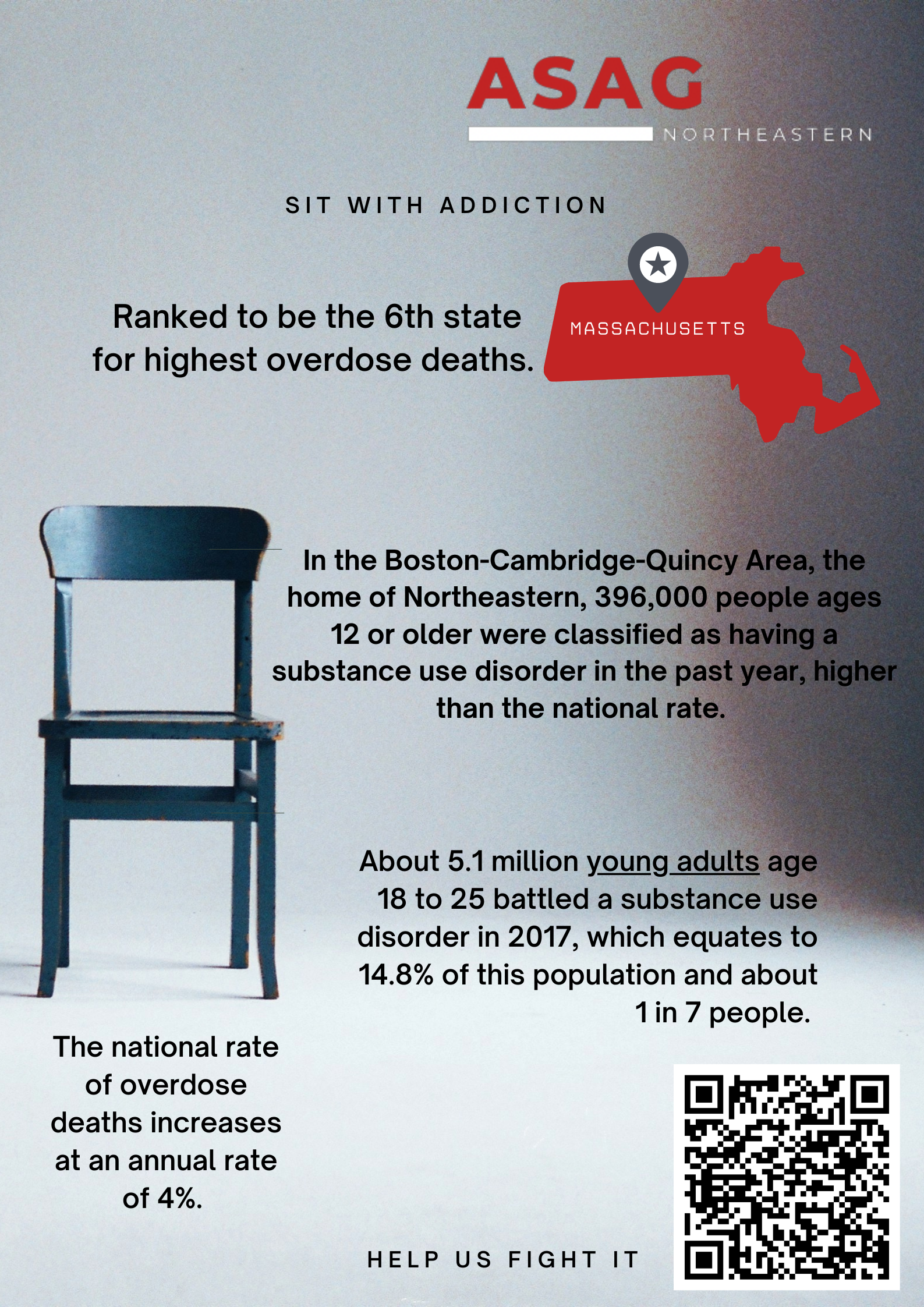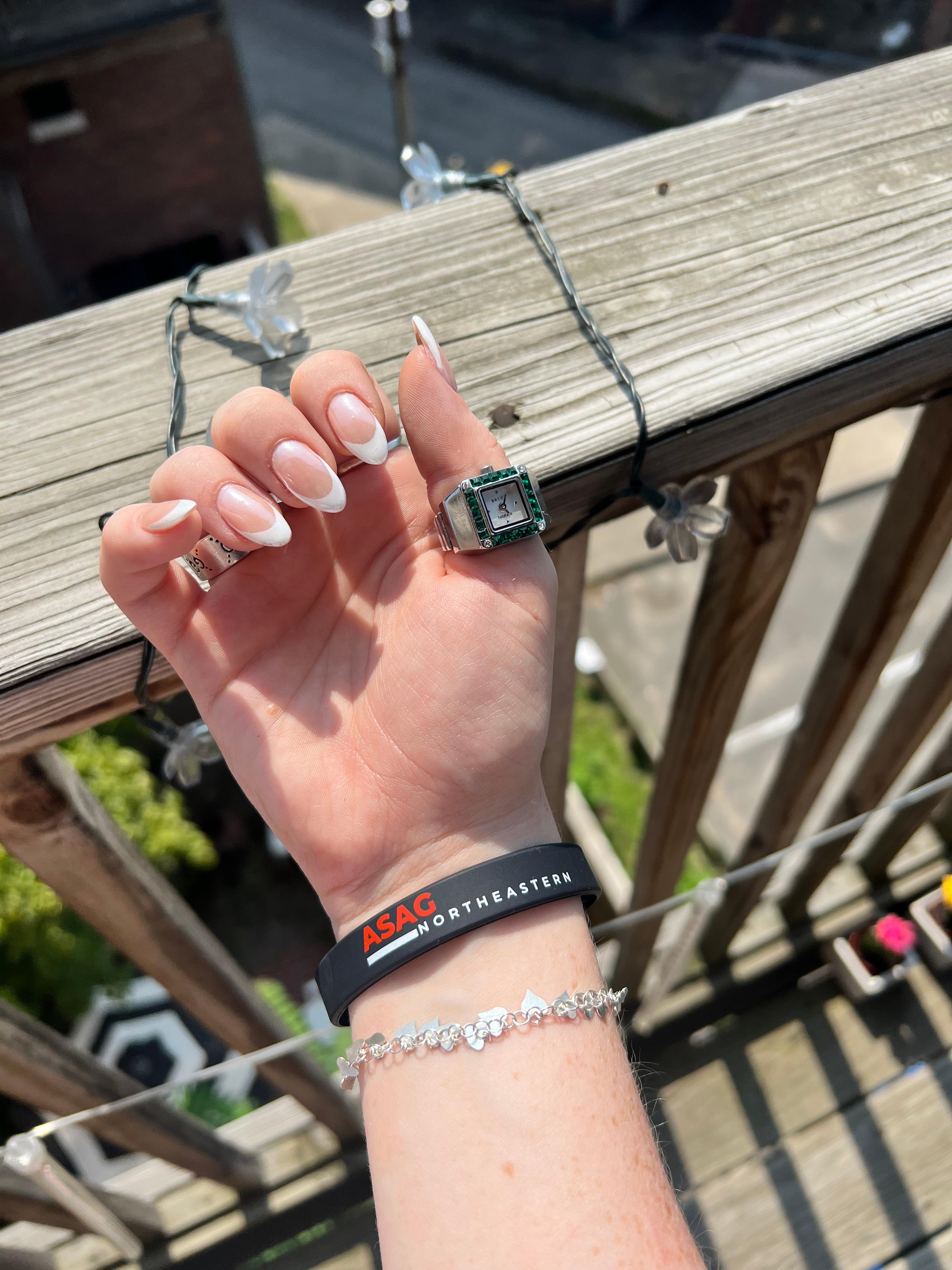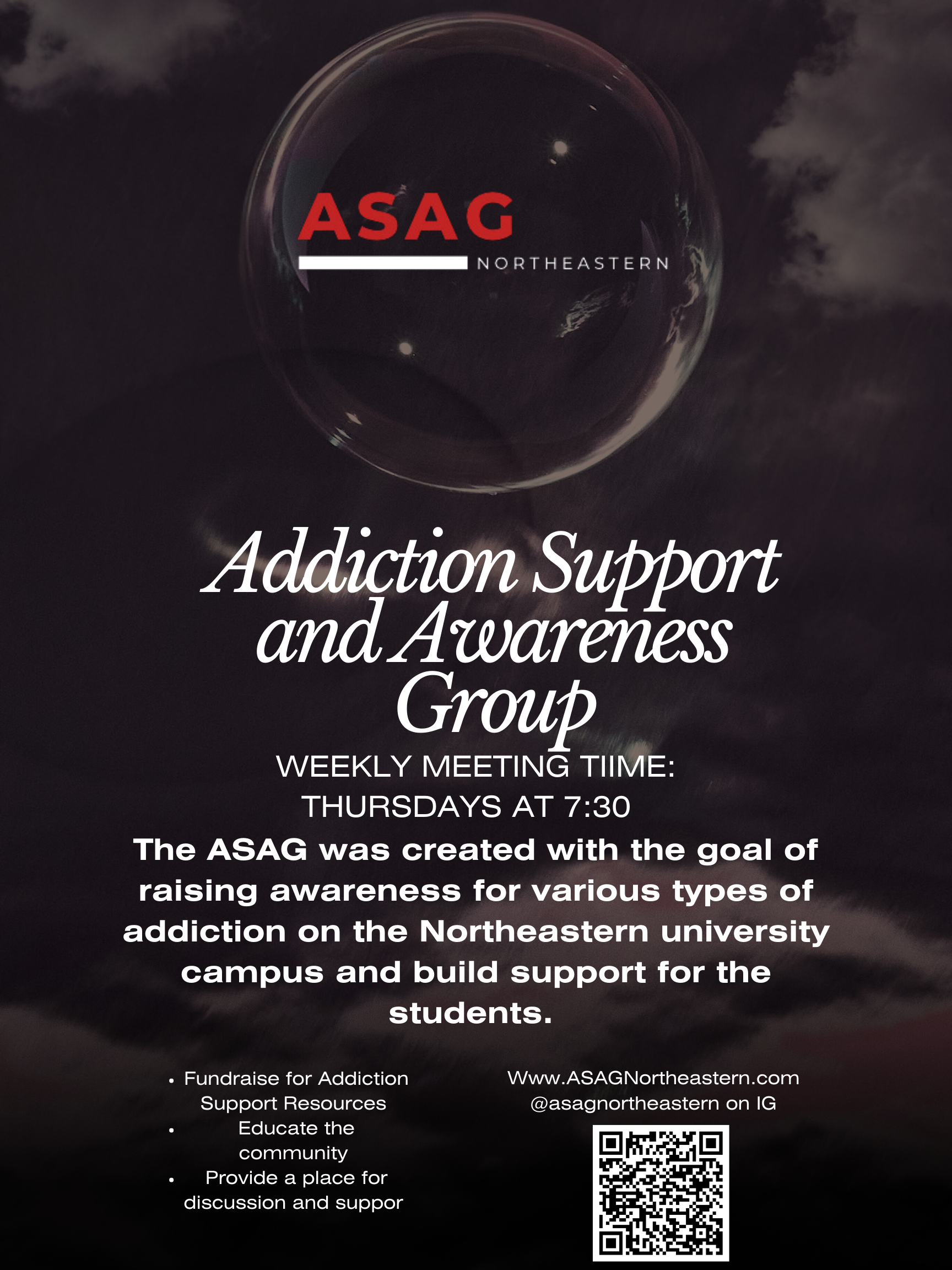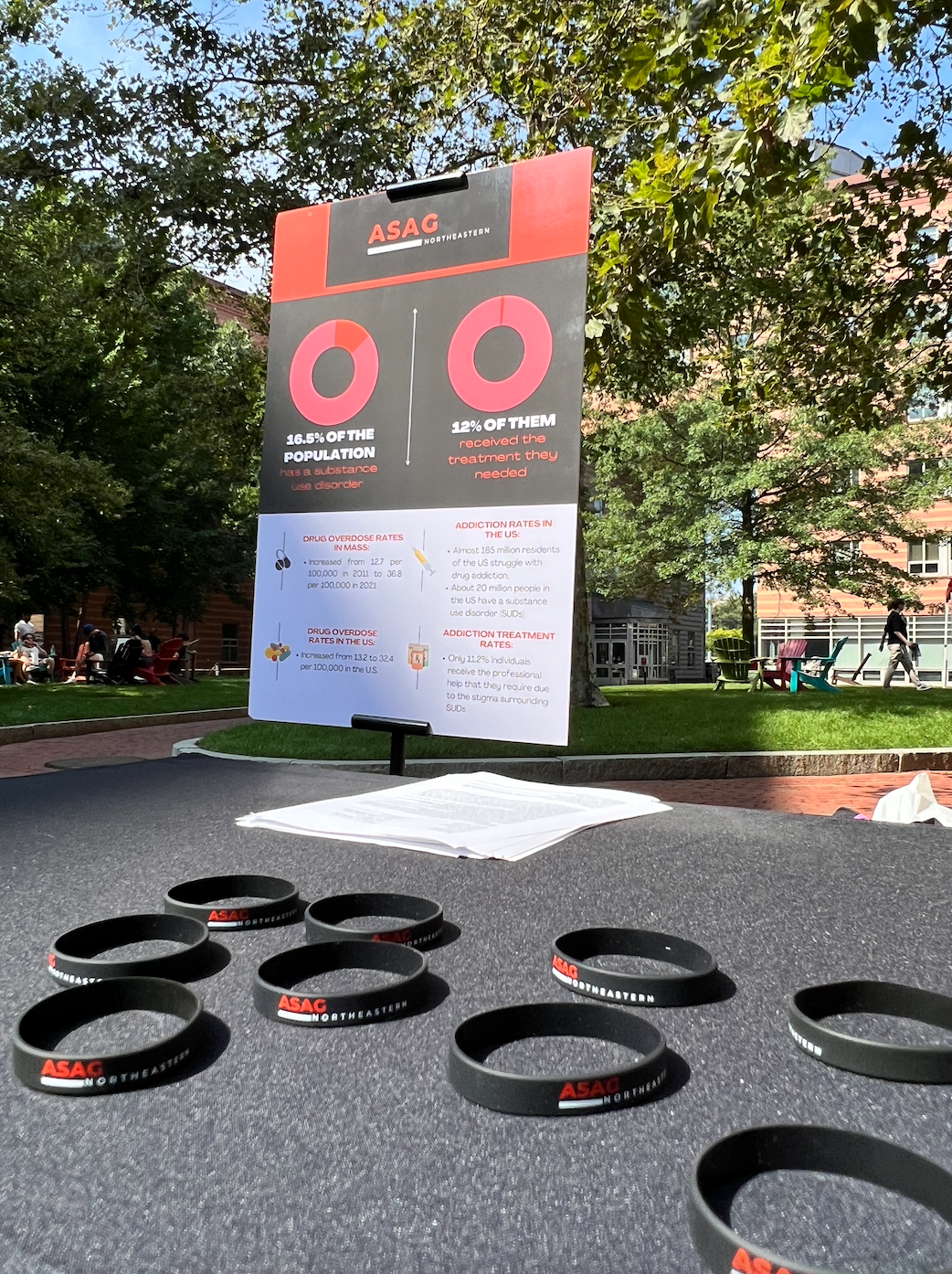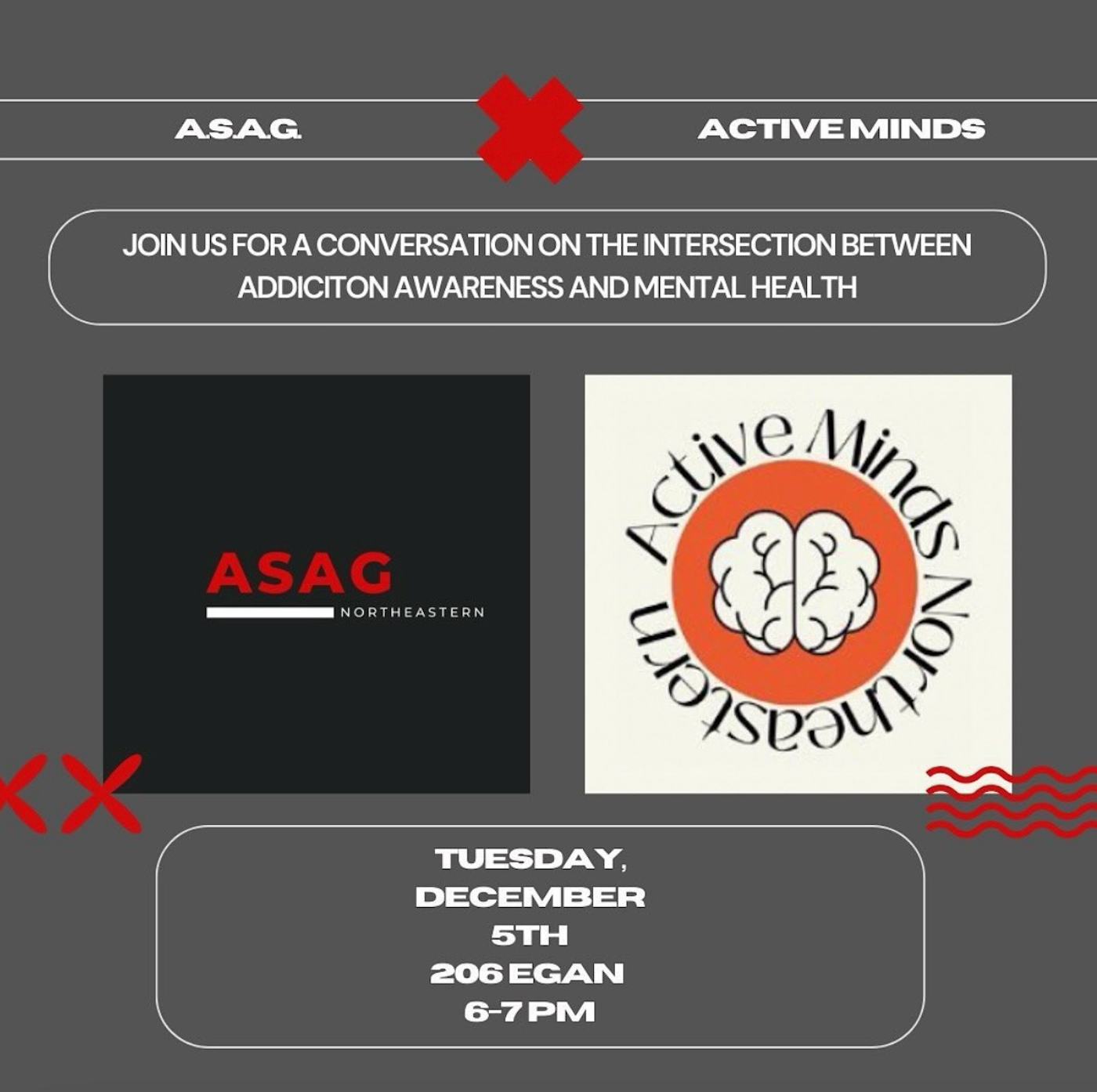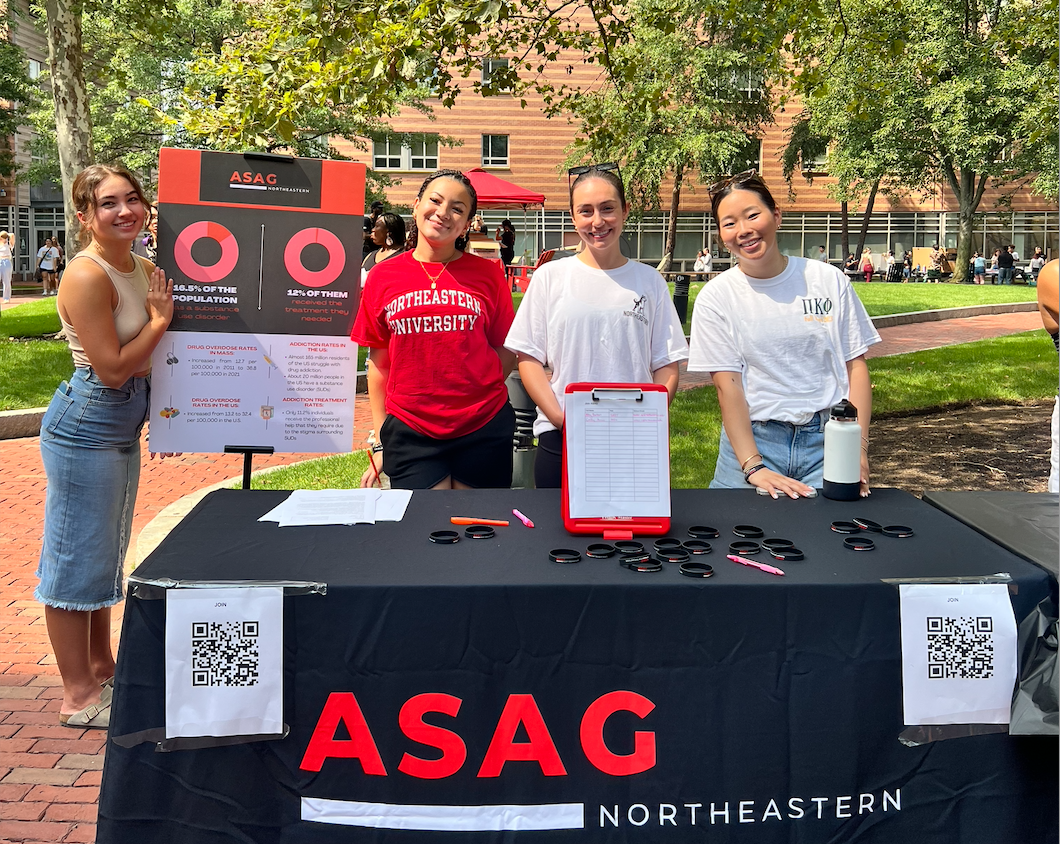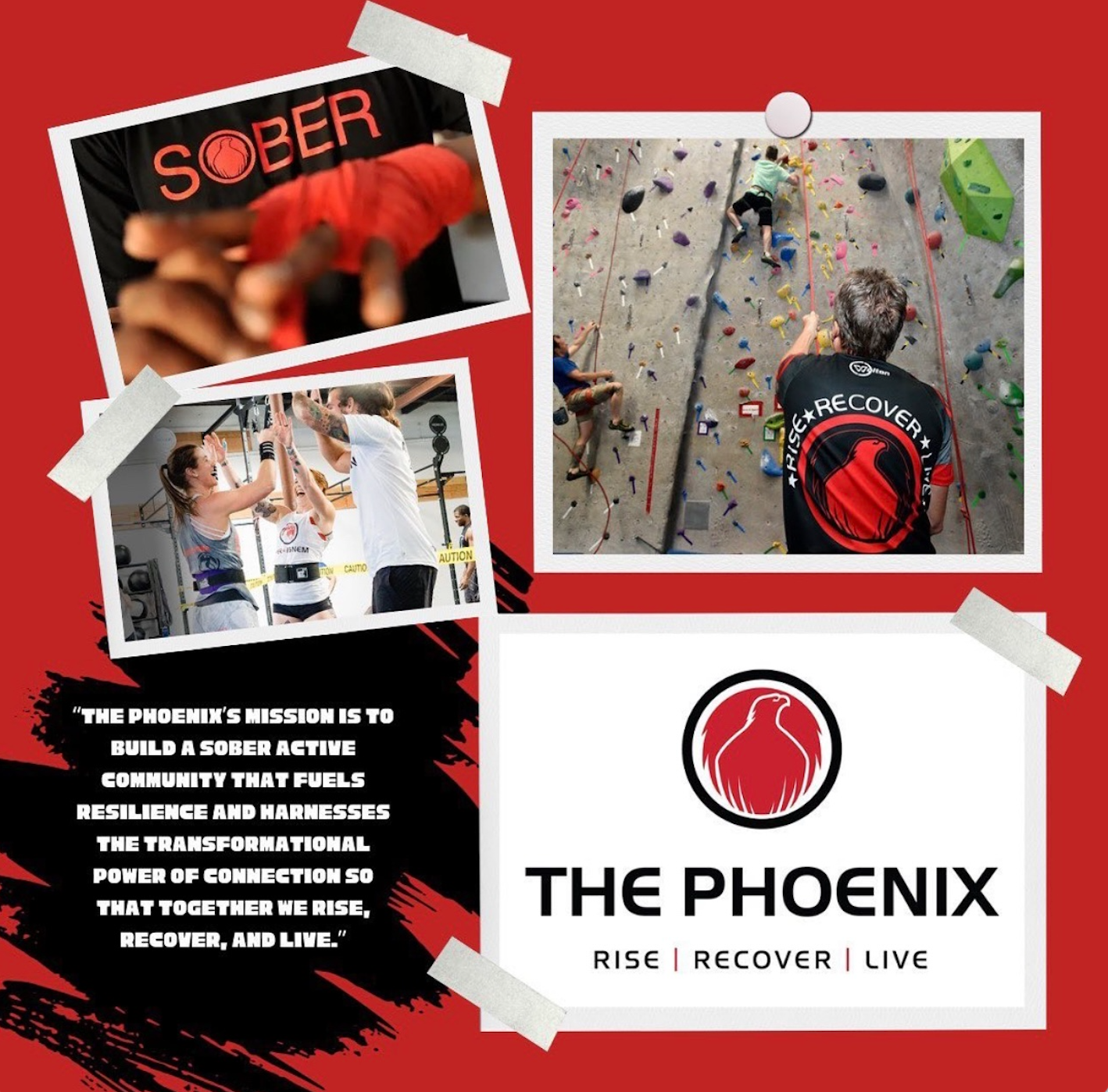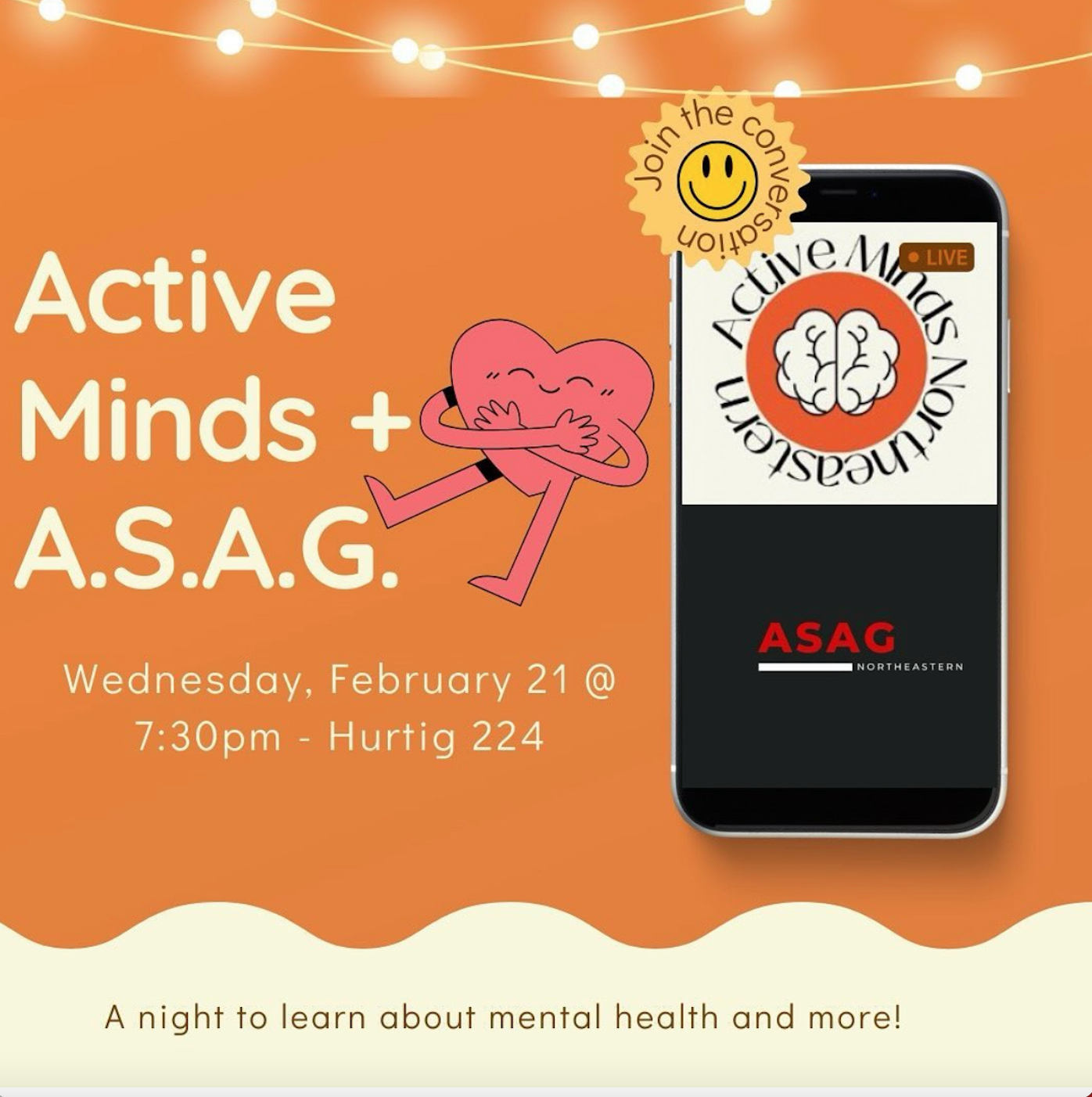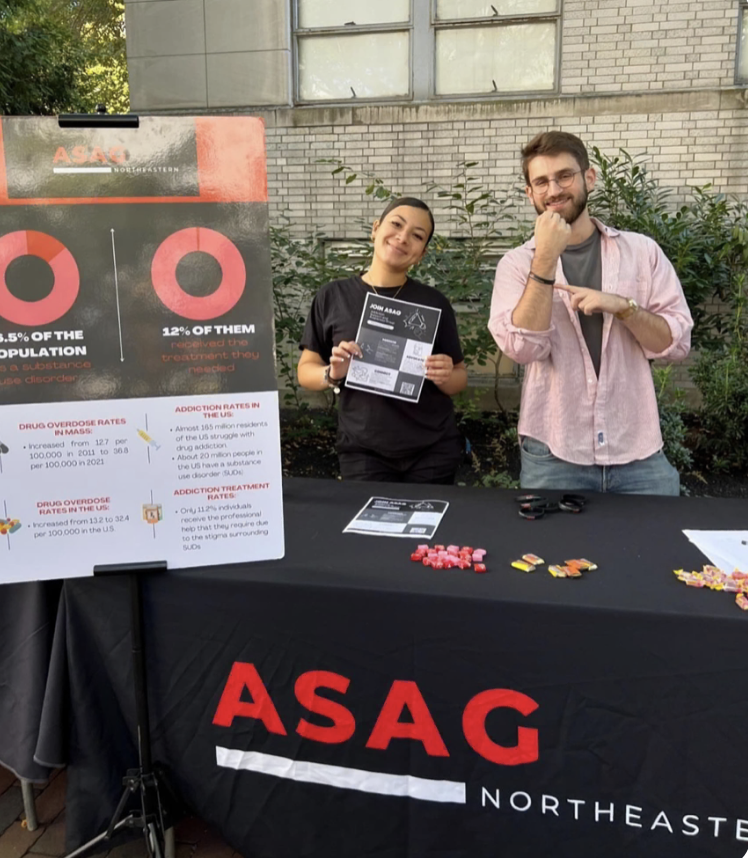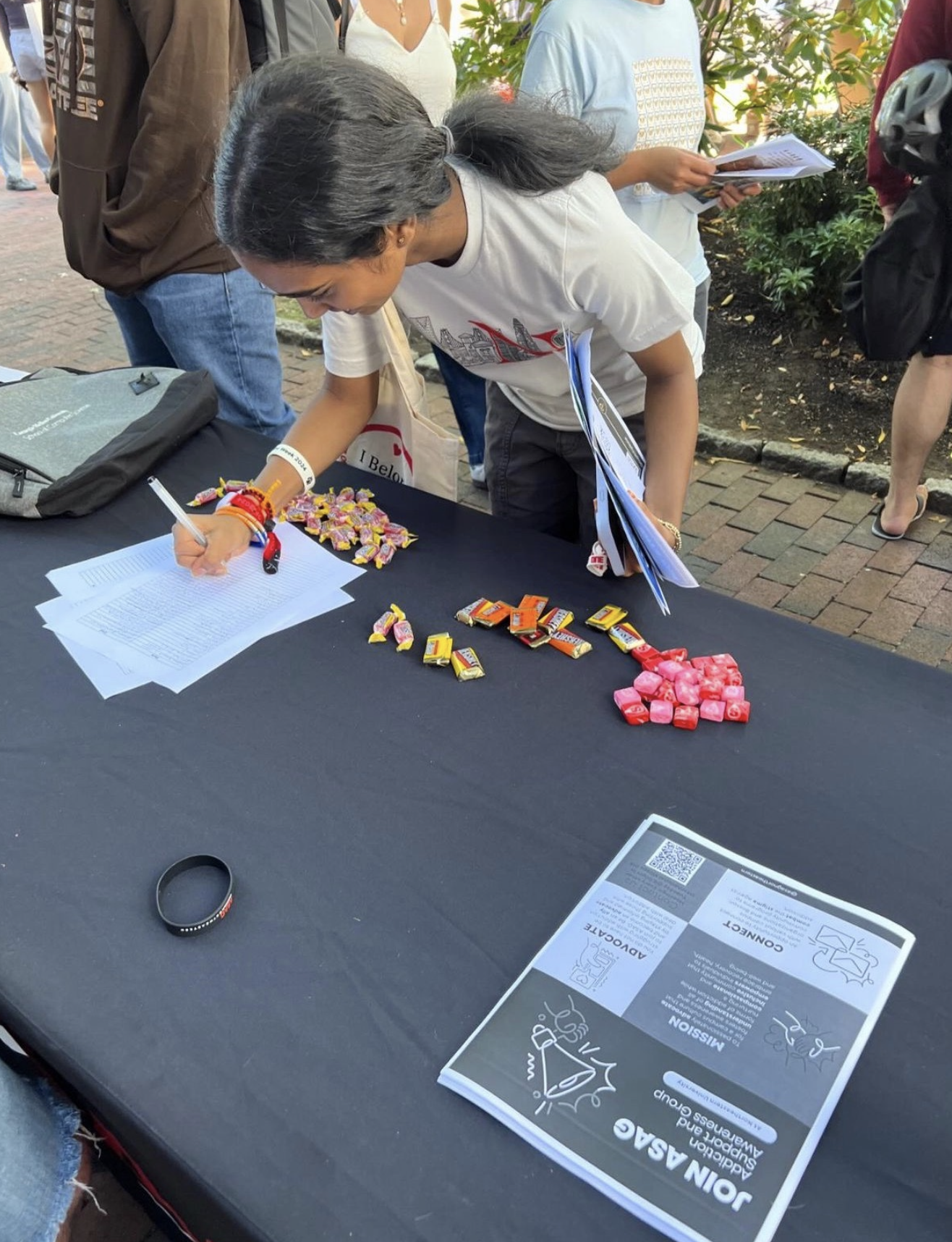Media on Addiction
Created and curated by members of the ASAG.
ASAG Founding Application Request:
Written in 2022.
The mission of this organization is to create a community for people struggling with addiction and to educate the northeastern community on the topic. The National Institute on Drug Abuse has established that as of 2022, 20.4 million people have been diagnosed with a substance use disorder in the past year and only 10.3% of those people received some type of treatment. Massachusetts itself suffers from an opioid crisis, and more people have died from drug overdose in recent years than ever before. In the Boston-Cambridge-Quincy Area, the home of Northeastern, 396,000 people ages 12 or older were classified as having a substance use disorder in the past year, higher than the national rate (NSDUH Report). College students between ages of 18 and 22 particularly are at higher risk for struggling with substance use disorders. The National Survey on Drug Use and Health asked participants in this age group who were at college and who were not if they had used alcohol in the past month; college students' yes, answers were 10% higher than the group that was not in college. There is no question that this is a crisis. However, these statistics show that it is something that needs to have extra support, specifically on Northeastern's campus.
When I was walking around campus during the first week of classes, I approached the UHCS table to ask them about if they had any support groups for addiction. I was told that they could redirect me to someone, but ultimately no, Northeastern did not and it was something that we needed. My first reaction to this was frustration and anger. I understand that Northeastern has the Office of Prevention and Education (OPEN), which is a great resource to students where they can confidentially talk to staff members for individual check-ins, or have confidential group discussions, teaching facts and conversing led by staff members. However, as a fourth year student at this campus I am honestly so disturbed and heartbroken by the fact that throughout all the tabling that goes on around campus, I have never seen a table, flyer, or anything on the subject of addiction directly, and this is coming from someone who looks for it. That shouldn't be the case. Northeastern needs to allow this group so that not only the people who are looking for a supportive community and educational resources can find it, but to also talk more about it so that we can help students better understand this issue before they need to come looking for help. The ASAG is different from OPEN because the purpose is not to give counseling. The purpose is to give a sense of community for those struggling with addiction that allows them to normalize talking about it, get rid of the feelings of shame that come with it as it is a real illness, and to educate the members and community so that we can better understand how to help ourselves and prevent it from happening to more of the students. OPEN is a great resource, but coming from someone who has been looking for help for years themselves, I can attest that it is not enough. In addition, if you look at the support letters I've attached, the community agrees and is suffering. They are grieving for their friends they have lost both emotionally and physically and are asking you to do this. If Northeastern really wants to protect the pack, I ask you to let the ASAG be made to take the first step.
-Olivia Mitrano
%20(250%20%C3%97%20180%20px)%20(240%20%C3%97%20180%20px).png?width=240&height=180&name=ASAG%20(300%20%C3%97%20220%20px)%20(250%20%C3%97%20180%20px)%20(240%20%C3%97%20180%20px).png)
